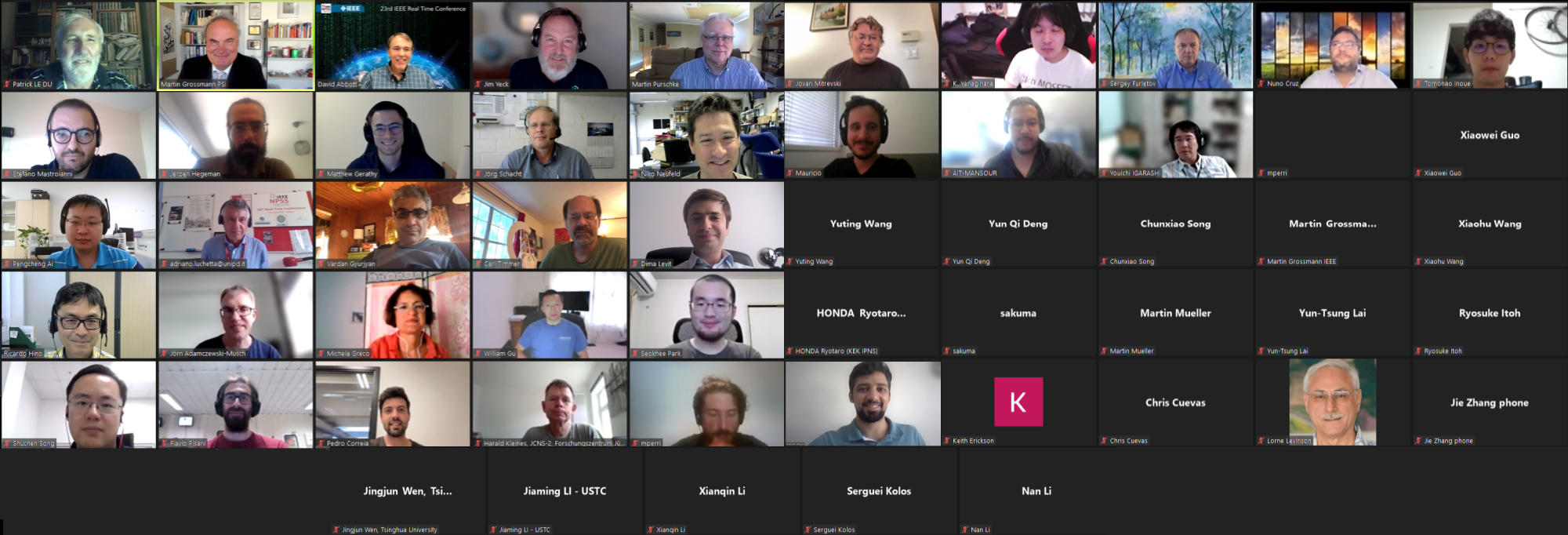23rd IEEE Real Time Conference
Virtual Conference
The IEEE Nuclear and Plasma Sciences Society (NPSS) and its technical committee, Computer Applications in Nuclear and Plasma Sciences (CANPS) are pleased to announce the 23rd Real Time Conference. RT2022 is an interdisciplinary conference focusing on the latest developments in real time computing, data acquisition, transport and processing techniques in related fields including: nuclear and particle physics, nuclear fusion and plasma science, medical physics and imaging, astrophysics and space instrumentation as well as accelerators and control systems.
Due to the lingering complications of international travel with the ongoing pandemic, the upcoming RT2022 conference will be held in a fully virtual format. The committee is hopeful that this will help facilitate participation for both regular and potential new attendees. Like previous editions, RT2022 will hold primarily plenary sessions. In addition, recorded mini-orals will be offered for all the accepted poster submissions. All papers submitted at the conference will have the option for peer review, and if accepted, will be published in a special edition of the IEEE Transactions on Nuclear Science journal.
The conference will provide an opportunity for scientists, engineers, and students from all over the world to share the latest research and developments. This event also attracts relevant industries, integrating a broad spectrum of computing applications and technology.



